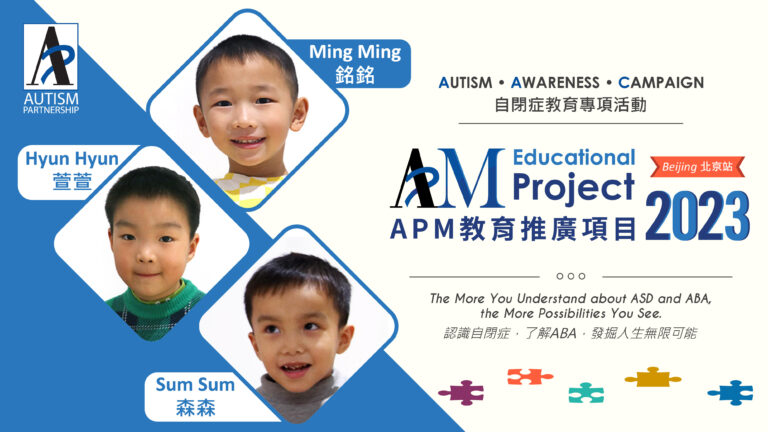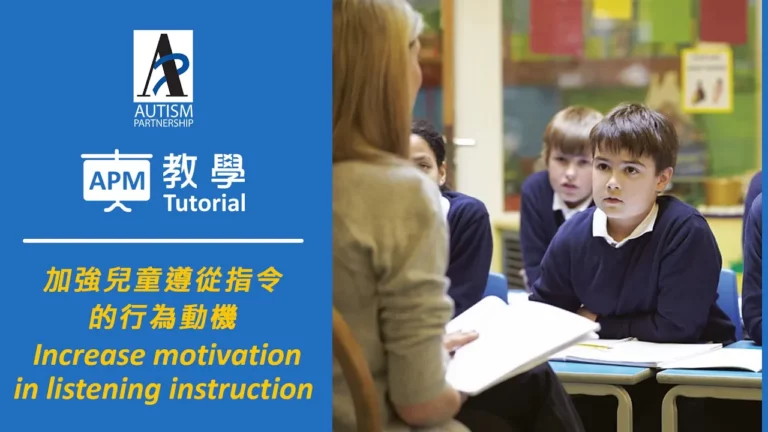What are the Signs and Symptoms of ASD?
With the advancement in diagnostic tools, most children with autism can be reliably diagnosed by the age of 3, and earlier diagnosis is possible even for children as young as 12 months old.
Parents are usually the first to notice peculiarities with their child’s development that do not follow the typical norm. Some of these peculiarities noted by parents include regression and onset of social aloofness and/or a lack of progress after the child has reached certain developmental milestones. This can occur as a pronounced regression over a few months time or it can come about gradually as a child’s development seems to stall.

Although symptoms of autism vary from child to child, the core areas affected include:
- Deficits in language and communication
- Underdeveloped cognitive and adaptive functioning
- Impairments in socialization and social interactions
- Restricted, repetitive, and stereotyped patterns of behavior and interests
These essential skill deficits cause children to fall progressively further behind their typical peers as they grow older. The cause is unknown, but evidence points to physiological and neurological abnormalities.
Children with autism generally do not learn in the same way that children normally learn, because, in part, they lack the fundamental skills which enable them to acquire and process basic information. These difficulties result in significant delays in their development of language, play, and social skills, including failure to notice and learn through imitation of their peers.
If you think your child or a child in your life might have autism, take the first step toward seeing if they need extra care, attention, and support from you. Seek a diagnosis and support from professionals who use an evidence-based approach to achieve goals that help children thrive.
Related Articles:

Every little life is a special present for a family. From the time a baby is born, parents journey through lots of highs and lows, wishing for their child to grow up with a big smile, make great friends, find their own way in a job they love, and create a happy family. However, for […]

Parenthood is a journey filled with unexpected twists and turns, challenges, and moments of profound joy. For Adam’s father, the discovery that his son, Adam, was on the autism spectrum marked the beginning of a unique chapter in their lives. This is the story of a father’s realization, acceptance, and the unconditional love and strength […]

In the previous videos, Toby has discussed how to increase students’ awareness to teacher’s instructions in class and increase students’ language and comprehension skills. In this video, Toby will talk about how to increase children’s motivation in listening to instruction in class. In the beginning, parents can do roleplay trainings with their child at home […]
Contact us Today
with concerns or for resources to help you determine if your child has ASD and the steps to take after receiving a diagnosis.

